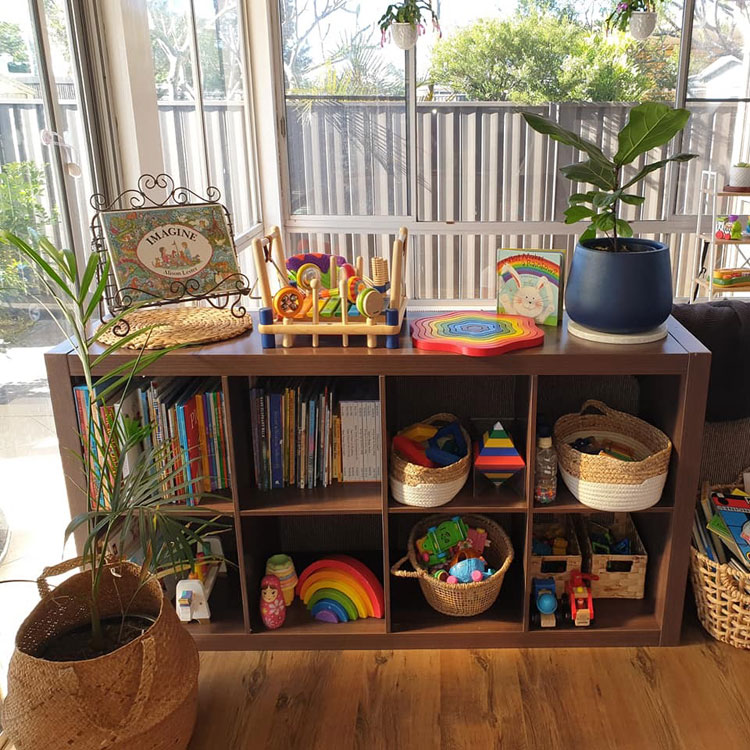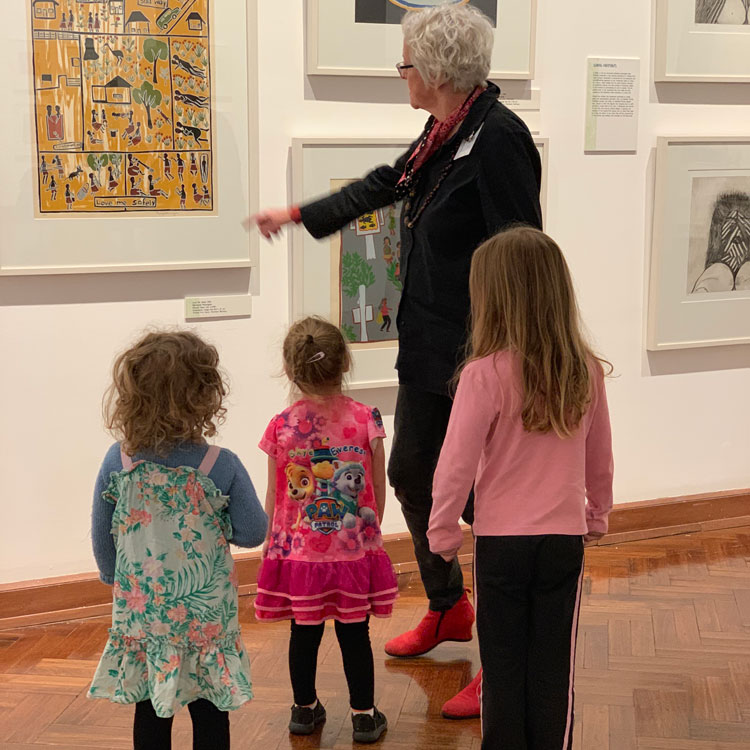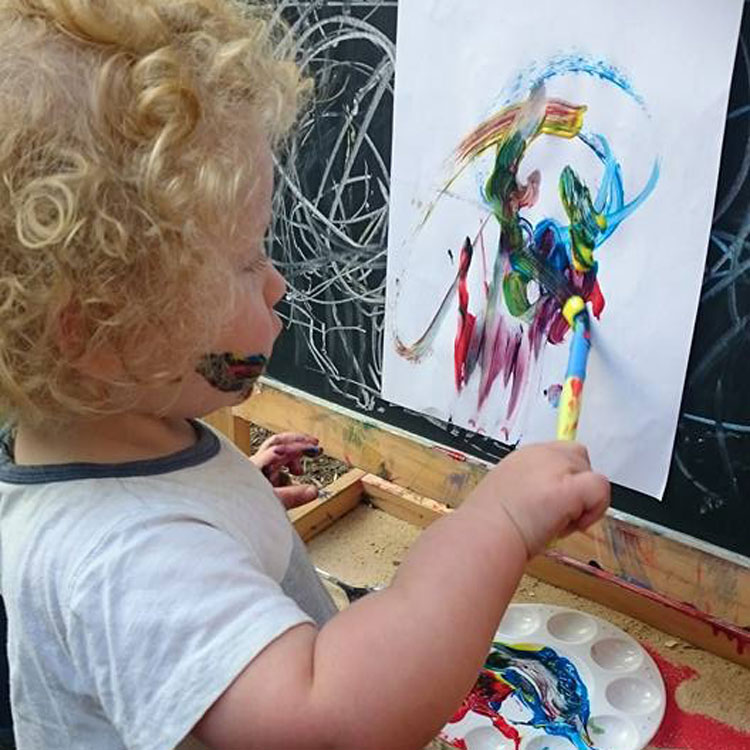Our Philosophy
We view children as ‘stars’ because they light up their families, our Service and the community. As a scheme, it is our privilege to enhance the potential of our Educators and children to shine brighter, higher and further so that the world becomes a better place for themselves and others.

Recognition of early years
We believe that quality relationships and experiences in early childhood are essential to optimise children’s growth, development and learning, and to help them acquire positive attitudes, values and dispositions. Such relationships and experiences contribute to them becoming holistic beings who can take their place in society, respect the environment and its creatures, and care for them.
Concept of child
We view children as unique individuals with the ability to construct knowledge about themselves, others, and the world around them. Children develop and learn at their own pace through active play, exploration and discovery. They become beings who belong, and are connected to, the world they live in through interactions with others. Children are provided with interesting and enjoyable learning experiences that challenge their natural curiosity, encourage their creativity, and inspire their love for learning.
Inclusion
We provide a friendly, nurturing and welcoming environment for children and parents, and respect and involve those from diverse cultural backgrounds. By listening to children’s voices and ideas, and consulting with families, we can plan programs which support children’s holistic development and learning. We value the importance of keeping Australia’s history alive. We acknowledge the important role First Nations people play in educating today's children. We acknowledge Aboriginal people as the traditional owners of the land.
Family
We acknowledge the central role of families in children’s lives, and that effective communication between Educators and families increases the ability to help children reach their potential and become productive members of society. Our Educators work to build relationships with families to gain a thorough understanding of each child’s individual strengths, abilities and needs. They value parents’ contributions to their children’s program, and to the Service’s policies.
Community
We recognise that our surrounding community also impacts upon children’s lives. To this end, we bring the community into our service by learning about local and global events, exploring this community through excursions, and conducting in-services. We believe that when children are connected to their community they appreciate and protect its resources.
Educators
We consider our Educators a most valuable resource, and that their culture and life experiences enrich our Service. They strictly adhere to the Early Childhood Code of Ethics and to the United Nations Convention on the Rights of the Child. They are role models in all of their interactions with children, parents and other Educators. Educators’ voices, personal philosophies and ideas are respected and duly considered. They are encouraged to pursue their professional goals, and to engage in critical reflection and self-development.


Sustainability
We value the natural environment and its creatures and are committed to sustainable practices. Our aim is to be a community role model in sustainability by caring for the environment, reducing, reusing, recycling and being ‘green’. Above all, we recognise that children need to engage in sustainable practices which develop their respect and love for nature, and an understanding of their life-long roles in caring for it.
Program
We implement the Early Years Learning Framework (EYLF) and support children in achieving the EYLF’s five learning outcomes:
Outcome 1: Children have a strong sense of identity
Outcome 2: Children are connected with and contribute to their world
Outcome 3: Children have a strong sense of well-being
Outcome 4: Children are confident and involved learners
Outcome 5: Children are effective communicators
Our educational programs are based on children’s developmental levels, ideas, interests, strengths, abilities and experiences. It focuses on the development of the whole child through a balanced curriculum in all developmental areas. Children are listened to, encouraged and challenged to promote learning and self-worth. They are treated equally and with respect and fairness regardless of heritage, and they are guided to accept the individuality and differences of others.
The program includes a variety of activities within curriculum areas (e.g. technology, creative arts), and Educators accommodate individual learning styles using a diverse range of teaching strategies such as child-initiated, co-constructed and Educator-directed activities, and intentional teaching. These strategies are consistent with current best practice and reflect the principles of the EYLF.




